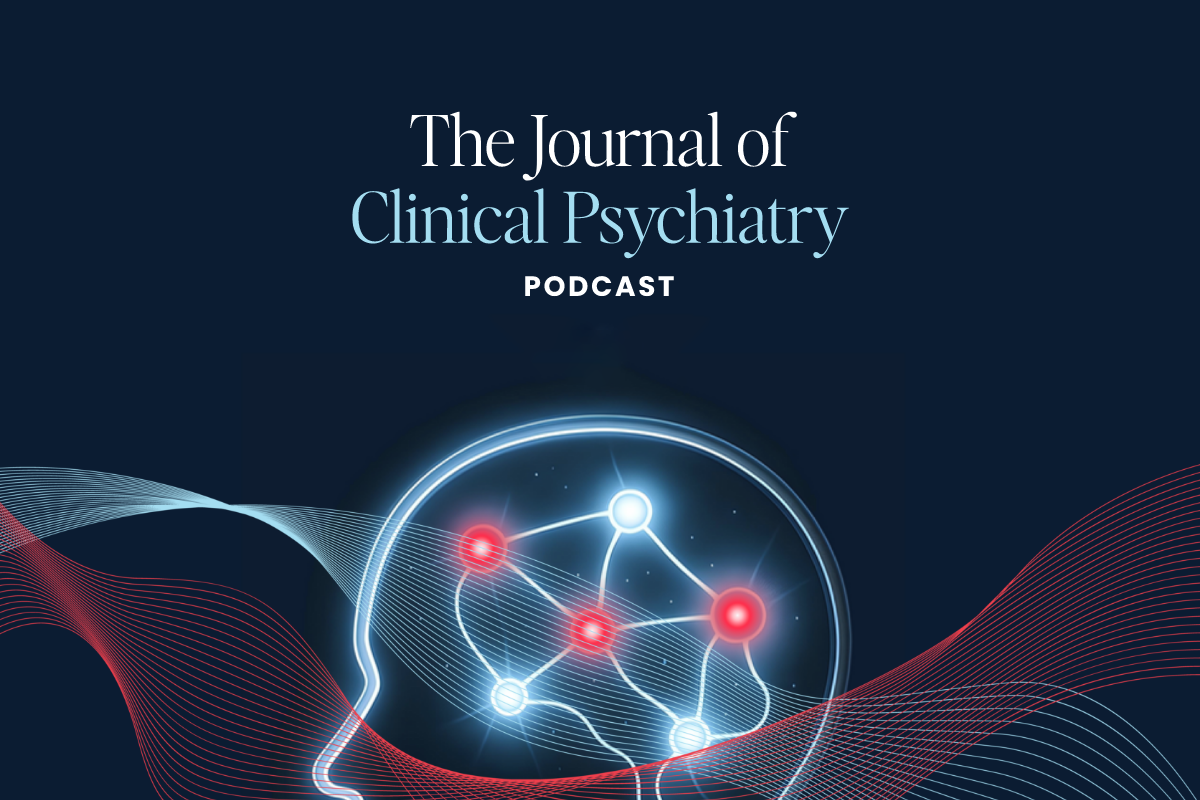This week, we highlight encouraging research into gender-affirming surgeries, new insight into mood disorders, and a better way to talk about substance abuse with pregnant patients.
Review Uncovers Strong Mental Health Gains
A new systematic review in The Primary Care Companion for CNS Disorders finds that gender-affirming surgeries (GAS) dramatically boost both mental health and quality of life for transgender individuals.
Researchers pored over nearly a dozen U.S.-based studies published between 2017 and 2023, covering facial, chest, and genital procedures among roughly 2,000 participants. The team found that postoperative outcomes consistently revealed notable drops in gender dysphoria (GD), depression, anxiety, and suicidal ideation. Participants also reported higher satisfaction with their physical appearance, self-worth, and social functioning.
The review highlighted that individuals who undergo surgery at younger ages might enjoy stronger mental health benefits, which reinforces the notion that a timely intervention remains crucial.
That being said, researchers also documented some persistent racial and socioeconomic disparities. The data included an overrepresentation of white patients, while Black and Asian individuals faced greater barriers to access – as well as higher complication rates.
Common complications included wound infections, hematomas, scarring, and – less frequently – urinary or vascular issues. Satisfaction rates remained high across all procedure types despite that.
The authors conclude with a call for standardized tools to better assess long-term outcomes, noting that most studies followed patients for less than two years. They also urged more inclusive research that better represents racial and ethnic minorities. Broader insurance coverage for gender-affirming care, they added, could help reduce not only GD but help mitigate depression, anxiety, and suicide risk.
IN OTHER PSYCHIATRY AND NEUROLOGY NEWS
- The Journal of Clinical Psychiatry reported this week on a large study that found that secondary mood disorders make up about 8% of all mood disorders with links to poorer physical health but fewer recurrences than primary mood disorders.
- PCC also published a new report from Massachusetts General Hospital that urges clinicians to replace punitive approaches with open, compassionate conversations about substance use during pregnancy.
- JCP also produced a review that concludes that while acetaminophen use during pregnancy is linked to slightly higher autism and ADHD rates, the absolute risks remain extremely small and likely driven by other factors.
- PCC this week also includes a guide to discussing irritable bowel disease with patients, including symptom management and the benefits of psychotropic agents.
- And, last but not least, don’t forget to check out our newest offering: “The JCP Podcast,” which features a conversation with JCP editor-in-chief Marlene Freeman, MD.



